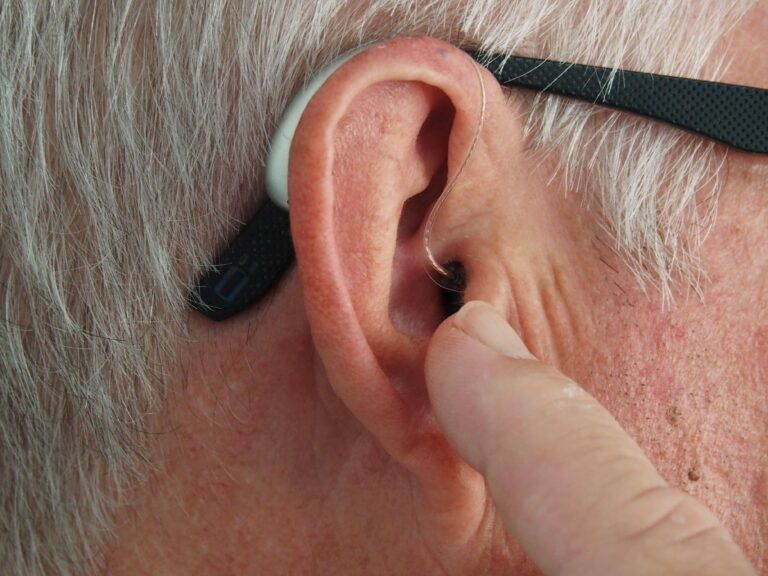
How to Manage Aging Parent’s Finances
A day will come when age begins to catch up with your parents and they will need help with their finances. Even if your parents don’t want to feel dependent, when you think they need your assistance, you can approach the issue with sensitivity and extend your support for the management of their finances, says Real Daily’s recent article entitled “5 Tips to Manage an Aging Parent’s Finances.” Here are some tips:
- Start the conversation early. Your parents may not need your help with the handling of their financial matters right away. However, it is smart to begin the conversation early. Approach the issue of who will manage the financial responsibilities when they’re no longer able to do it. Parents should select a trusted family member by providing their advance written consent. This will let you to talk about your parents’ financial issues with financial advisors, doctors and Medicare representatives and carry out timely financial planning.
- Create a list of all pertinent legal and financial documents. Prepare a list of your parents’ important contacts, bank account details and locations of any stored documents, like wills, property deeds, insurance policies and birth certificates. Make certain all information and documentation is accurate and up to date. If information needs to be modified because of a change of circumstances, this is time to apprise them of it and help them do what’s needed.
- Consider executing a power of attorney. A competent adult can sign a power of attorney to authorize another person to make decisions on their behalf. A power of attorney for a specific purpose may cover medical, financial, or other decisions, and it may be designed to give limited or more sweeping powers. When your parents sign a power of attorney with you named as their attorney in fact, it will legally empower you to make key decisions when they can’t. An elder law attorney can help you draft an appropriate power of attorney according to your situation.
- Document your actions and keep others in the know. Transparent communication will help you avoid misunderstandings or controversy within your family. Keep your parents, siblings and any other loved ones involved with your family informed about your actions. No matter how noble your intentions may be, if others are kept in the dark, it can raise questions about your motives. Managing the finances of aging parents is a lot of work, and you can ask for the support of family members or at least keep the lines of communication open.
- Don’ comingle your finances with your parents’ plans. While it may look to be a convenient or cost-effective thing to do, it’s never a good idea to combine your parents’ finances with your own. Keep them separate. Using your parents’ money for your purposes or your own money to help them out is usually a slippery slope that should be avoided. Don’t forget about your own financial goals and retirement savings while you focus on helping your parents.
Reference: Real Daily (Sep. 9, 2022) “5 Tips to Manage an Aging Parent’s Finances”









